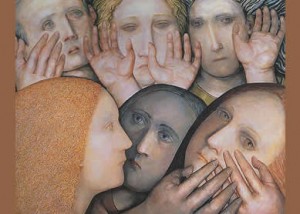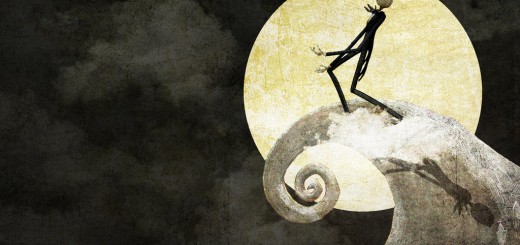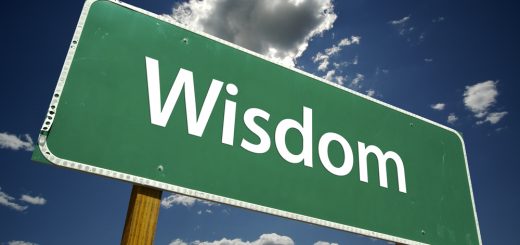Songs of Lament
 Things are sometimes not how they are supposed to be.
Things are sometimes not how they are supposed to be.
We look around and know it in our bones. There’s a lament that rises from the depth of our beings as we watch the news, listen to the reports, look at the images.
We see human beings just like us being treated as inhuman. Victims of war, exploitation, slavery, trafficking, abuse, violence…We look into their eyes and cannot even begin to imagine their suffering.
We watched a film the other night about the Lost Boys of Sudan. Children happily playing in their village, chasing each other around in innocent fun. Until helicopters descend and troops trample through the village, murdering everyone. The children run and hide. They are left with no parents, no adults. They walk for months and months in searing heat with scarcely any food and drink until they arrive at a refugee camp (until they are rehoused in America – part of a programme that rehoused 3800 lost boys until 9/11). There were well over 20,000 lost boys and girls such as these. Young children forced to fend for themselves – left homeless, orphaned, completely abandoned. And as they walk, they sing. Their voices rise together in song. Because sometimes, singing is all that we can do.
Like the Spirituals (or Negro spirituals) created by African slaves in the United States to give words to the sufferings of slavery.
I did not, when a slave, understand the deep meanings of those rude, and apparently incoherent songs. I was myself within the circle, so that I neither saw or heard as those without might see and hear. They told a tale which was then altogether beyond my feeble comprehension; they were tones, loud, long and deep, breathing the prayer and complaint of souls boiling over with the bitterest anguish. Every tone was a testimony against slavery, and a prayer to God for deliverance from chains. The hearing of those wild notes always depressed my spirits, and filled my heart with ineffable sadness. The mere recurrence, even now, afflicts my spirit, and while I am writing these lines, my tears are falling. To those songs I trace my first glimmering conceptions of the dehumanising character of slavery. I can never get rid of that conception. Those songs still follow me, to deepen my hatred of slavery, and quicken my sympathies for my brethren in bonds. Frederick Douglass, My Bondage and My Freedom
Like the modern songs of lament and protest that arise out of the hip hop tradition – the rapping that expresses frustration and anger and incomprehension and pain of life. Different rappers convey different messages – some seem to embrace hedonism and materialism, even sexism and violence. I’m not talking about those. I’m talking about the ones giving voice to their pain – confronting issues of police brutality, teenage pregnancy, racism, poverty…they want to be heard and if they are ignored, then the message shouts louder with more explicit language…and ‘nice’ people don’t want their ‘nice’ children to listen to this stuff when really this message needs to be listened to…
Like the recent Black Eyed Peas re-release of their song ‘Where is the Love?’ If you haven’t heard this, you need to hear it. The message is loud and clear.
Like the song ‘Glory’ from the film ‘Selma’ – actually a perfect blend of Spiritual and rapping. My soul responds to this song every time I hear it and watch the images from the film. John Legend’s yearning, heartfelt cry – One day, when the glory comes, it will be ours, it will be ours’; the rich harmonies of the voicing joining together in ‘Glory, Glory, Glory’; Common’s perceptive and piercing rapping that gives words to the immense courage in the face of horrific brutality…
That is a song of lament. That finds language for suffering. That expresses yearning for a time when things will be different. That shouts out that things are not supposed to be like this.
These songs may be uncomfortable and distressing and not to our taste, but they need listening to. People expressing their pain and their lament always need listening to.
Because when things are not supposed to be like this, then they need to be changed.
And we need to play our part.












